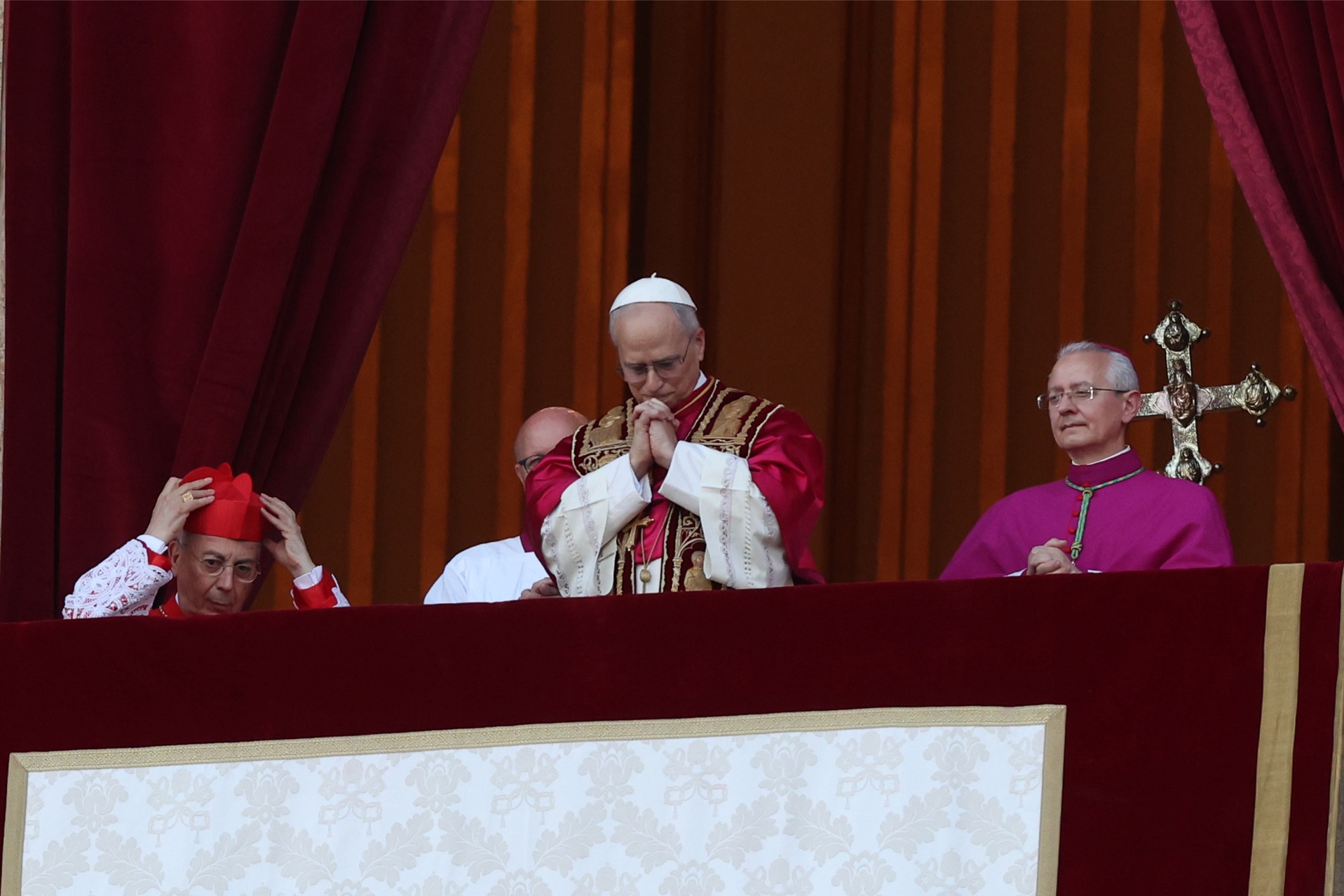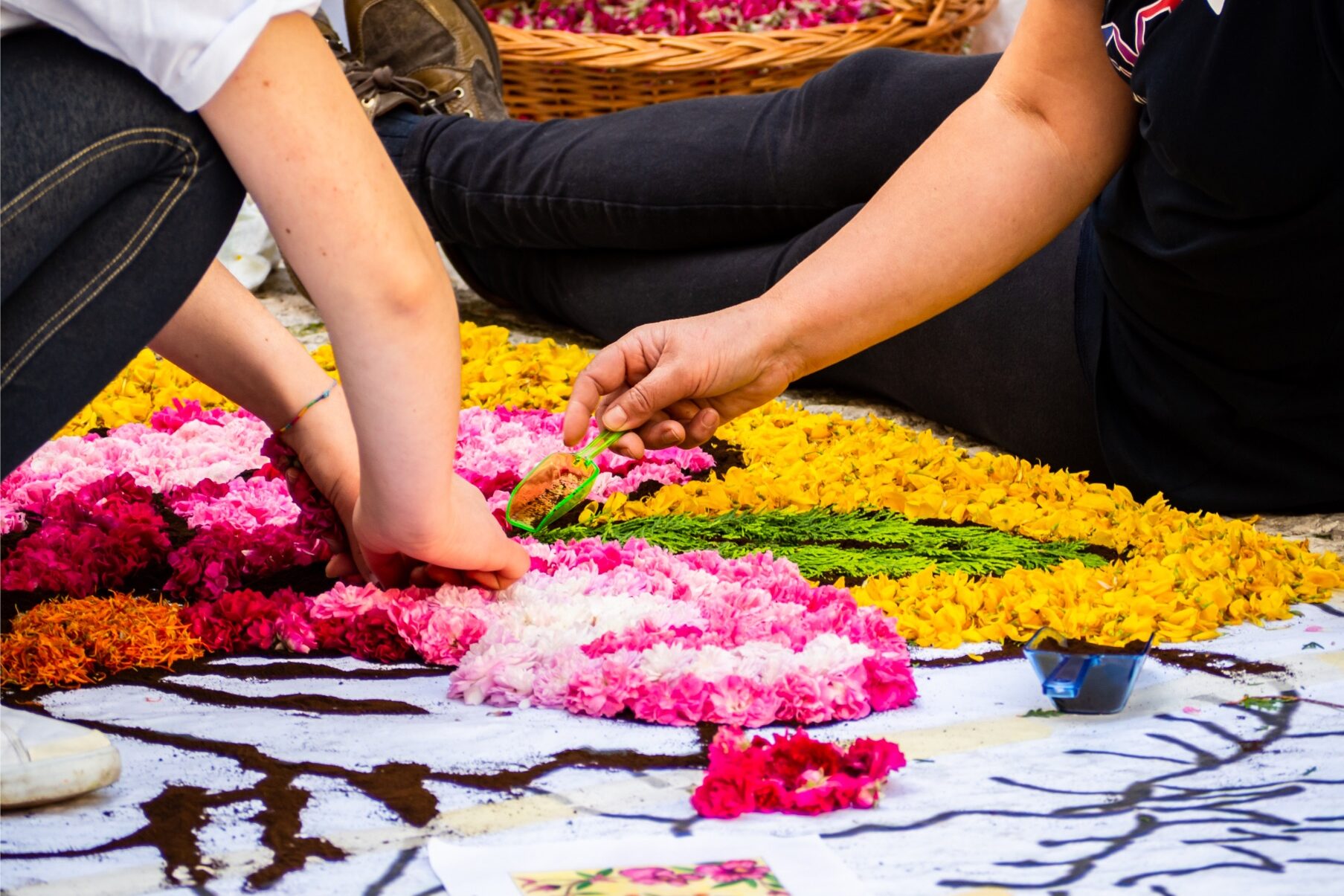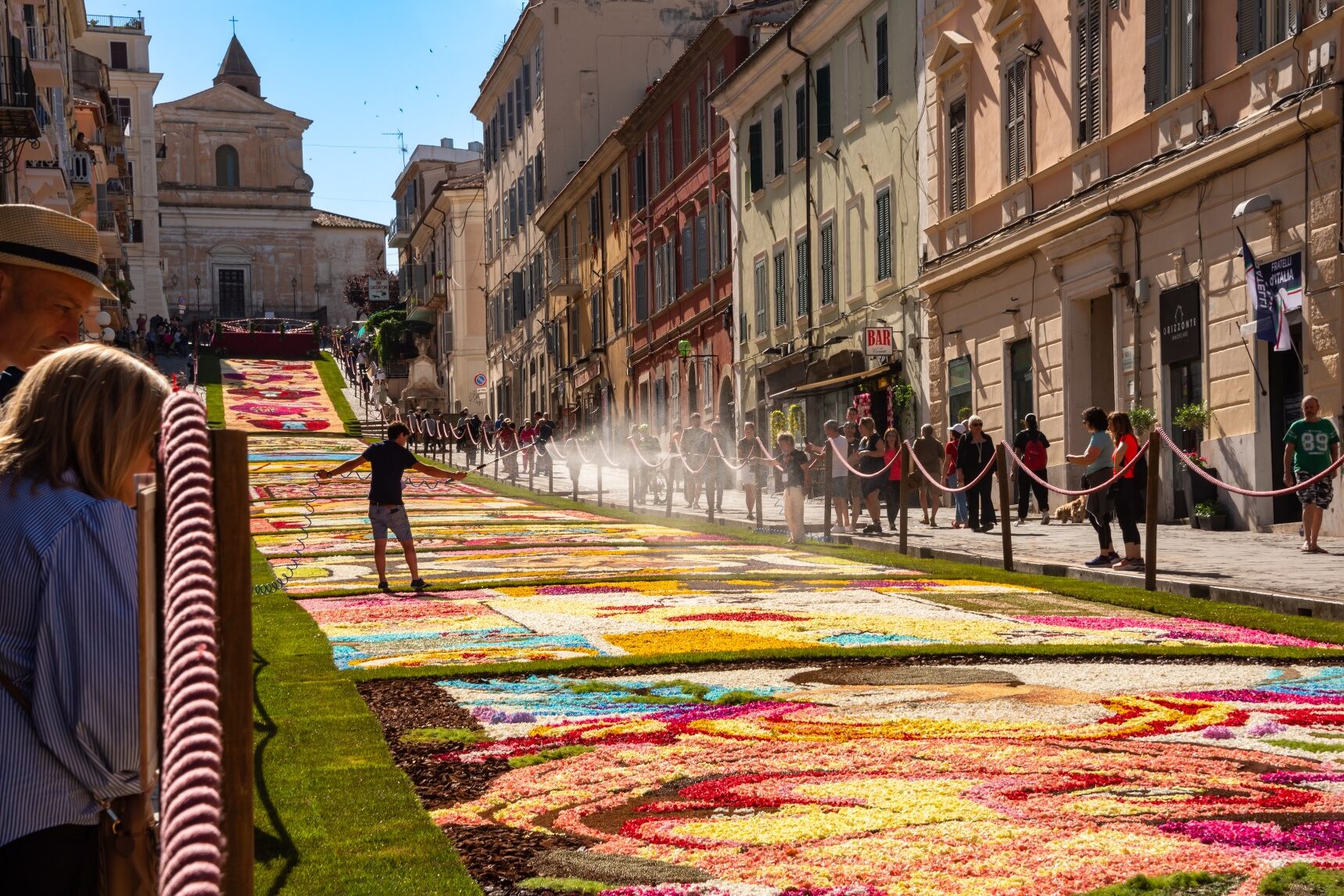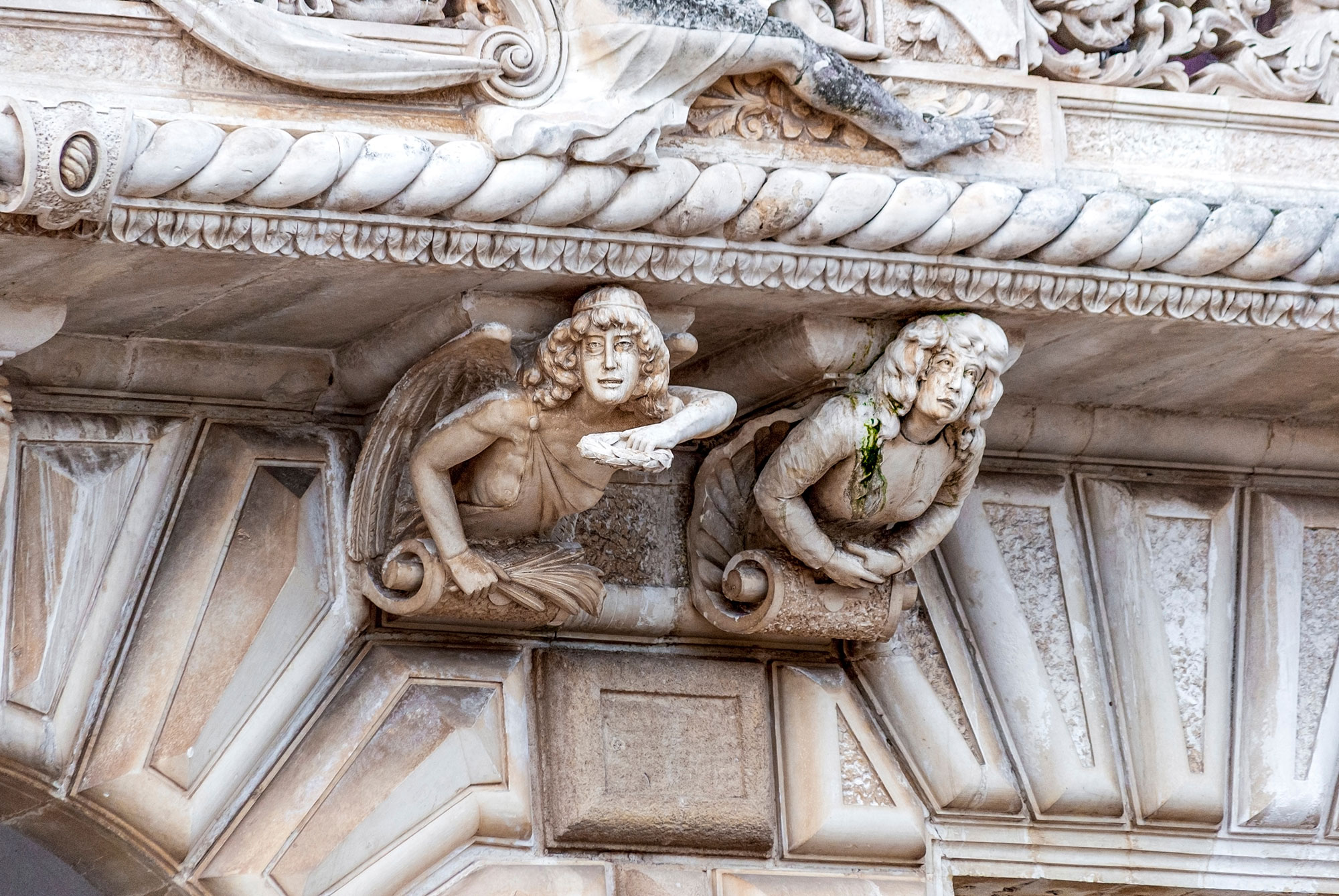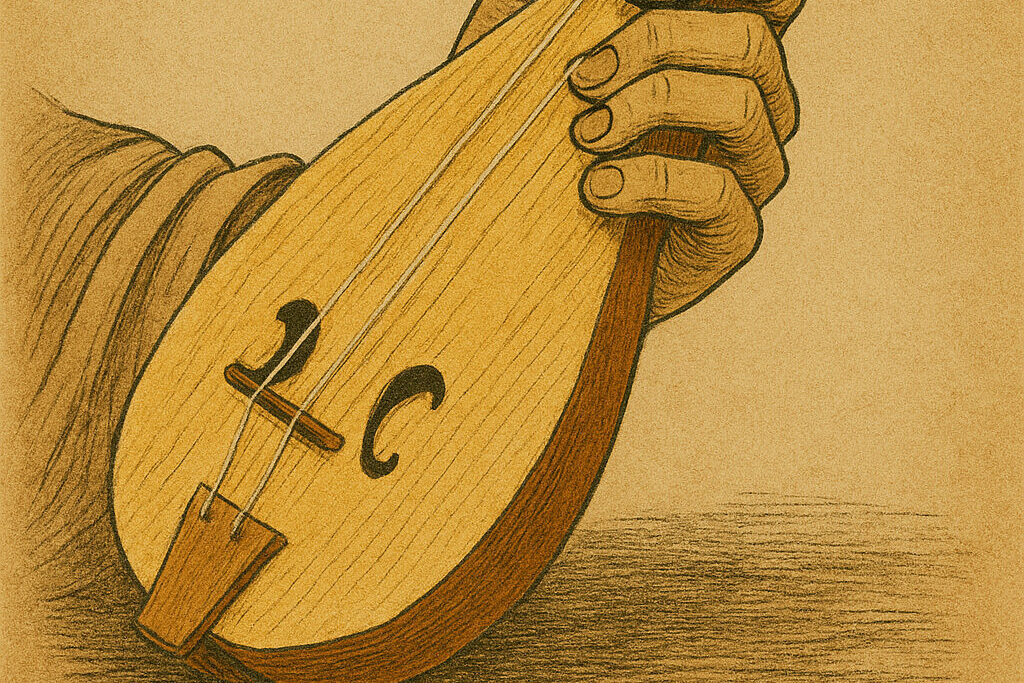Italian has become one of the world’s fastest growing languages, as well as its related fields of inquiry into cinema, popular culture and media studies, according to the Department of European Studies, Italian Studies, at San Diego State University. Its relevancy in arts and humanities, including literature, theatre, history, art history and music, as well as the social and political sciences makes it a very popular, and sought after discipline.
“We have to teach language in context,” stated Professor Clarissa Clo, Associate Professor of Language and European Studies, and Director of its Italian Language Program. “We have to relate it to the students in the class, to their interests in music, cinema and pop culture,” added the educator whose list of published articles, interviews and translations in journals measure many, not to mention research into Italian culture, literature, film, music and popular culture. “Let us first look at the meaning of lyrics, politics and content, before we examine grammar analysis and conjugating of words,” she advocates.
“It’s not as if I go into the class with a formal agenda, rather it is the interweaving of the context that I want to have my students apply to learning the language,” she mused, adding that “my students get these weird expressions on their faces, as if thinking ‘I’m here to learn and she wants me to sing?’” She and her students made a movie in the class in an attempt to mix music content with language. “You can’t expect to learn by sitting in the class and just mouthing Italian words and sentences.”
In addition to her academic work at SDSU, she collaborates with and serves on the board of the San Diego Italian Film Festival, and the Italian American Academy of San Diego. “I received my Ph. D. in Literature from the University of California, San Diego in 2003 with a dissertation titled “Italy in the World, and the World in Italy; Tracing Alternative Cultural Trajectories,” which explored the regional and transnational dimensions of Italian culture in Italy and abroad throughout the 20th century.
Some of the cultural productions she analyzed included novels and oral narratives such as Sibilla Aleramo’s Una donna and Marie Hall Ets’s Rosa: The Life of an Immigrant Woman, theatrical representations by the Federal Theatre Project and the Italian anarchist and immigrant theatre, films by Gillo Pontecorvo, Giuliano Montaldo, Davide Ferrario, and Guido Chiesa, and music by alternative bands like CCCP/CSI, and Modena City Ramblers.
Professor Clo is “big in educating students,” and states that “You have to invest in the students; motivate them to learn a relevant aspect of learning a language. You have to make them understand and to be producers of Italian culture.” Her next semester will be teaching a Business Italian Course, where she stated her students will be looking at case studies, and building language concepts relative to the business world.
She excitedly discusses her plans for next semester by stating a goal for the course. ”We will be building and working on cultural management; hands on experiences that will help students build portfolios, not just simply writing business letters.” She added that these assignments will look better on student resumes. “This presents a different profile of the student, rather than just speaking Italian.”
Professor Clo’s involvement with her students goes outside the classroom. In addition to her community involvement she explains her campus involvement. “At SDSU, I am particularly involved in student life. I am the Faculty Adviser of the Circolo Italiano and of the local chapter of GKA, the Italian National Honor Society. I was also a Faculty-in-Residence in the Olmeca/Maya Residence Halls on campus (2009-2012), where I coordinated education programs for several living and learning communities.
Originally from a village near Modena in Italy, she attended the Università degli Studi of Bologna, where she studied foreign languages and postcolonial literatures in English. After writing a thesis on Olive Senior, a Jamaican author, and other Caribbean women writers, she became interested in Women’s Studies. She received her MA from the University of Cincinnati, studying feminist theory and wrote a paper on the experience of immigrant women in Emilia-Romagna, Italy.






















